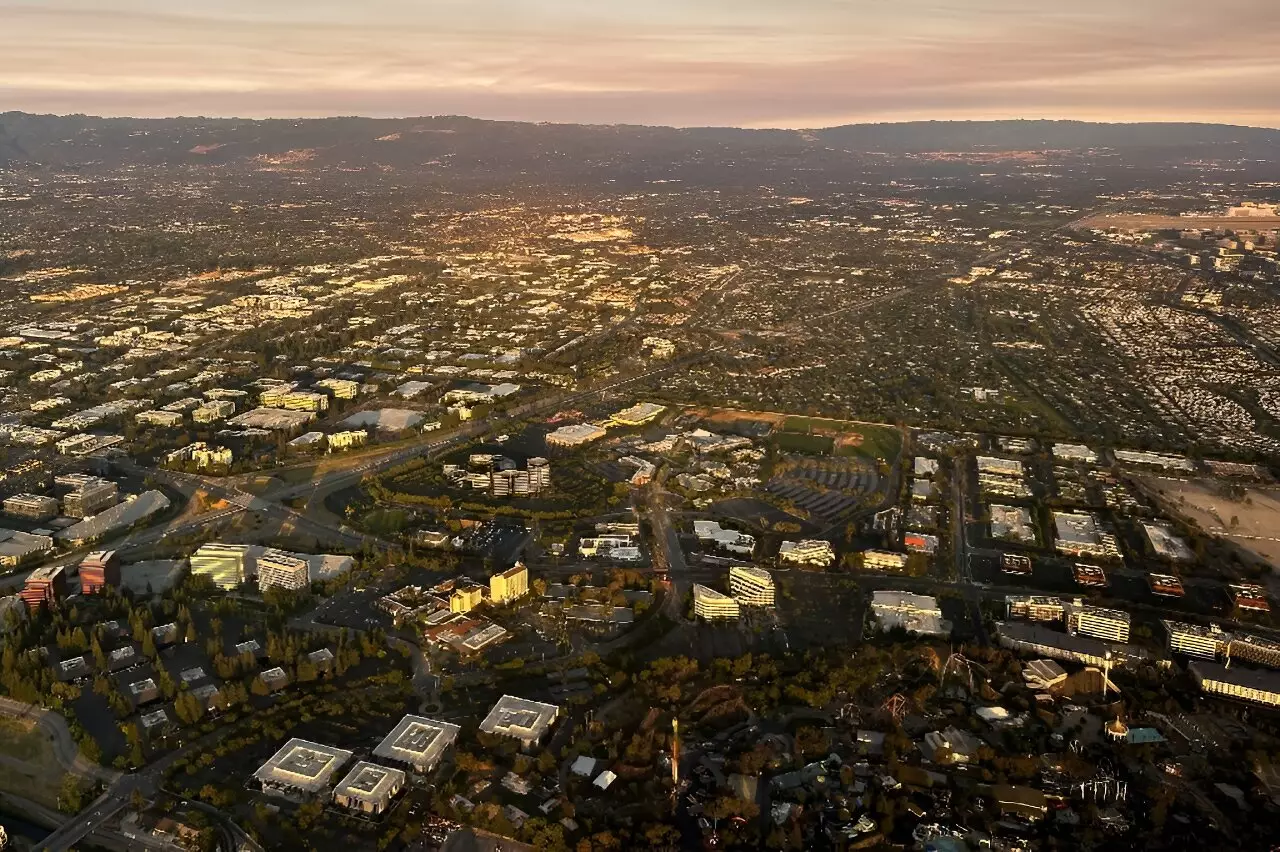In recent times, Silicon Valley has witnessed a trend where promising startups in the generative AI space are gradually being acquired or integrated into the operations of major tech giants. Companies such as Inflection AI and Adept have found themselves short on funds, leading to key executives and founders exiting quietly to join established tech companies through under-the-radar transactions.
Critics have raised concerns that these transactions, while not explicitly termed as acquisitions, are cleverly designed by companies like Microsoft and Amazon to circumvent the scrutiny of competition regulators, a claim vehemently denied by the tech giants. For instance, Microsoft’s strategic investment of $13 billion in OpenAI in exchange for exclusive access to its cutting-edge models demonstrates how tech giants are securing their future in the AI landscape.
On the contrary, independent startups like Character AI are reportedly facing challenges in raising the necessary funds to sustain their independence in the competitive market. There is a looming fear that startups like Mistral, a French-based company, could be prime targets for acquisition by tech giants due to their financial vulnerability.
The dawn of generative AI, epitomized by innovative releases such as ChatGPT, necessitates a substantial infusion of capital that only tech behemoths like Microsoft, Amazon, or Google can afford. This paradigm shift in the industry signifies a departure from the traditional Silicon Valley narrative of startups flourishing in founders’ garages, as generative AI demands high computing capabilities typically found in large cloud providers.
Many founders leading startups in the generative AI space, such as those at Inflection or Adept, have roots in prominent tech companies like Google and OpenAI. The departure of key figures like Mustafa Suleyman from Inflection to Microsoft underscores the gravitational pull exerted by established tech giants, as they offer resources and financial stability crucial for the growth of nascent companies.
While aligning with tech giants ensures financial stability and progress for startups, it also raises concerns about stifling competition and innovation in the industry. The consolidation of power among a few major players like Microsoft, Amazon, and Google could potentially limit the creativity and diversity of ideas, leading to a monopolistic landscape detrimental to smaller players in the market.
The increasing appetite of big tech companies to acquire smaller firms has drawn the attention of government regulators in the US, Europe, and the UK. Antitrust concerns have been raised regarding the acquisitions of companies like Inflection and Adept by Microsoft and Amazon respectively. While regulatory bodies have vowed to closely monitor these transactions, the evolving landscape of AI technology poses challenges for enforcing antitrust laws effectively.
The evolving landscape of generative AI in Silicon Valley reflects a shift towards consolidation and integration with tech giants, raising important questions about competition, innovation, and regulatory oversight in the industry. As startups navigate the complex terrain of funding and acquisitions, the role of government regulators becomes crucial in ensuring a fair and competitive marketplace for all players involved.


Leave a Reply